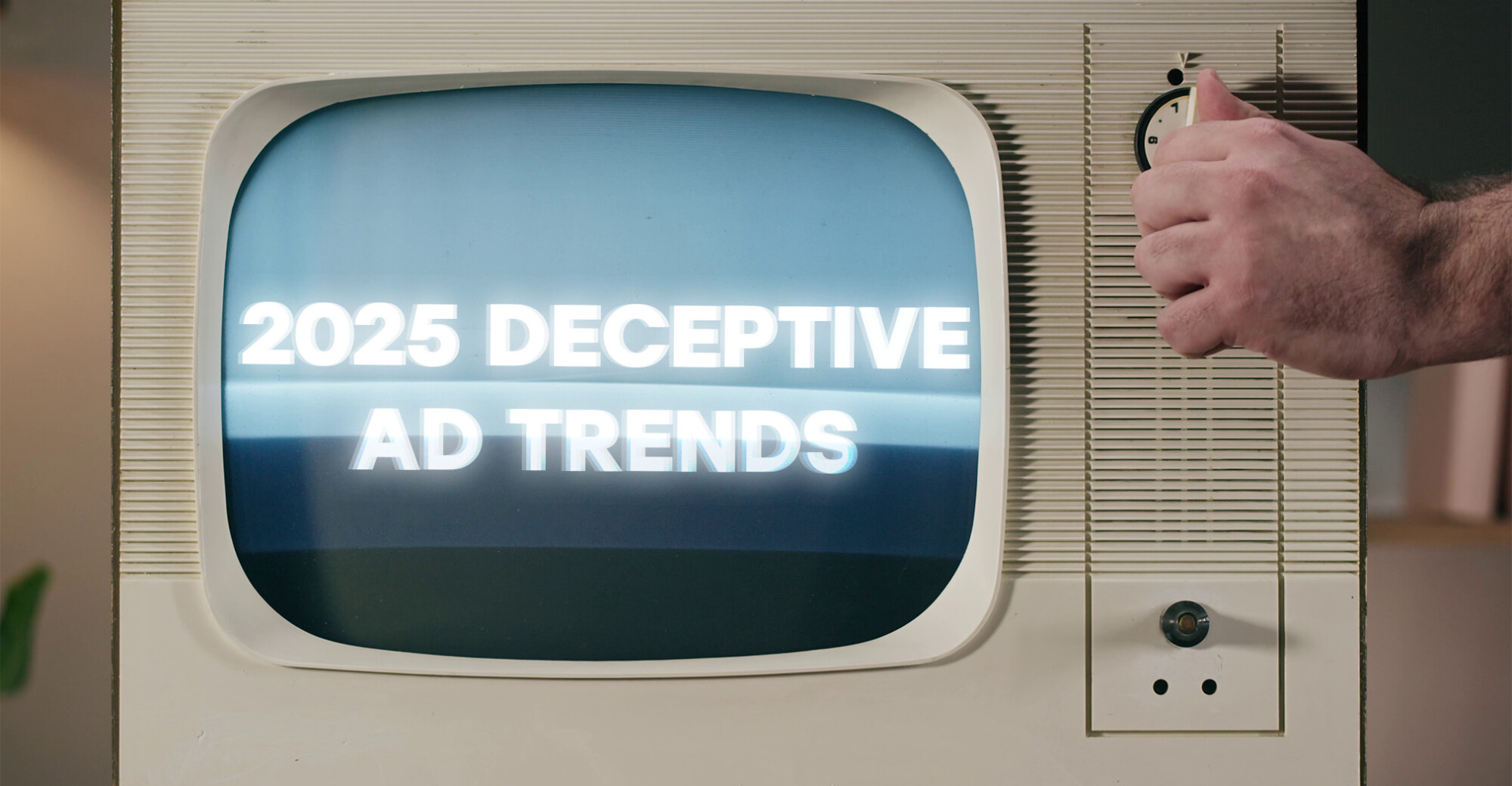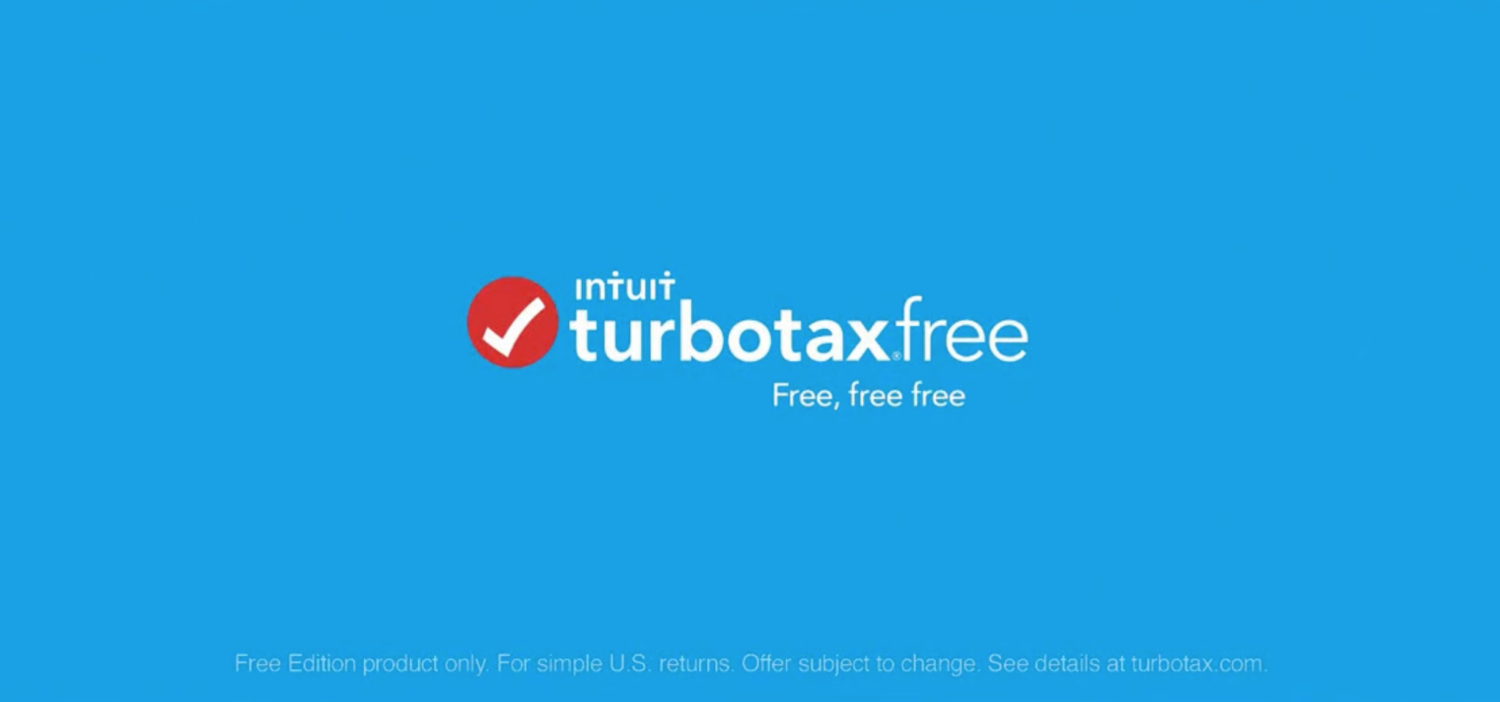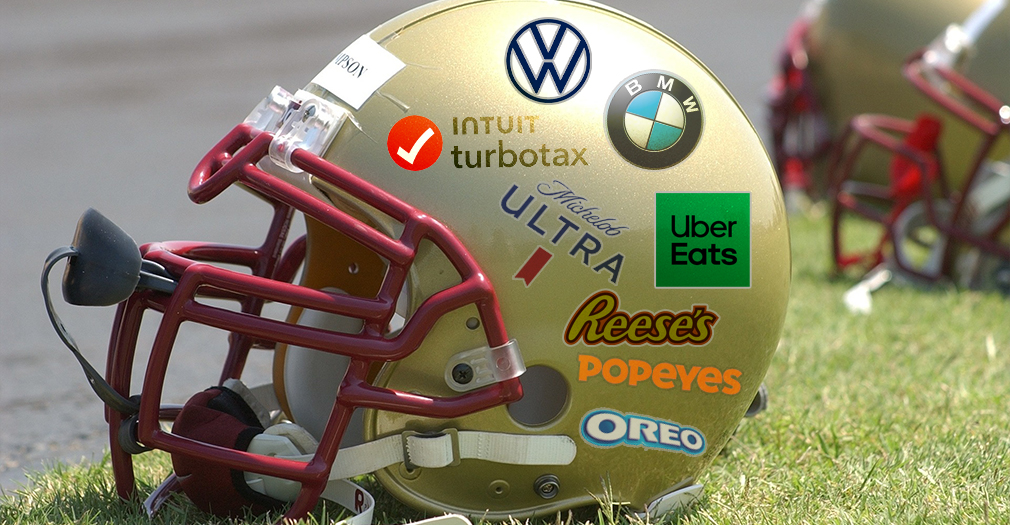
2025 Deceptive Ad Trends
A closer look at what we’ll be monitoring in the new year.
It's not the first time the company has been accused of pulling a bait and switch.
WHAT’S UP
Just in time for tax season, the FTC has barred TurboTax owner Intuit from marketing its products and services as “free” unless they are free for all or ads clearly and conspicuously disclose the percentage of taxpayers that qualify for free tax prep with TurboTax, as well as any terms and conditions that apply. Intuit said it is appealing the decision.
HOW WE GOT HERE
In March 2022, the FTC sued Intuit for deceptively advertising “free” tax prep products and services for which millions of consumers were ineligible. In 2020, for example, about two-thirds of taxpayers could not use TurboTax’s free product, the FTC alleged in its administrative complaint. Among those who could not file their taxes for free with TurboTax were gig economy workers and farmers, as well as those seeking to claim a deduction for student loan interest.
“TurboTax is bombarding consumers with ads for ‘free’ tax filing services, and then hitting them with charges when it’s time to file,” Samuel Levine, director of the FTC’s Bureau of Consumer Protection, said at the time. “We are asking a court to immediately halt this bait-and-switch, and to protect taxpayers at the peak of filing season.”
In September 2023, an FTC administrative law judge ruled in favor of the FTC, finding that Intuit engaged in deceptive advertising in violation of Section 5 of the FTC Act and deceived consumers when it ran ads for “free” tax prep products and services for which many consumers didn’t qualify. Intuit appealed, but last week, the FTC upheld the judge’s opinion, which ordered Intuit to stop its deceptive marketing.
In its defense, Intuit has argued, among other things, that forcing it to tell consumers that its products are not free for a majority of taxpayers would be unconstitutional and that having to disclose the terms of who qualifies for its free tax prep products would result in “information overload” and be counterproductive to consumers’ understanding.
This is not the first time Intuit has been accused of deceiving consumers by advertising “free” tax filing services. In 2022, as part of a settlement with all 50 states and the District of Columbia, Intuit agreed to pay $141 million in restitution to nearly 4.4 million taxpayers to settle allegations that it charged consumers unfairly.
THE MARKETING PITCH IN QUESTION
In 2019, TINA.org alerted consumers to one of the TurboTax ads that the FTC cited in its complaint three years later. In the 15-second commercial, above, the word “free” is repeated more than 20 times. At the end, a written disclaimer – in fine print that appears at the bottom of the screen while the voiceover says “That’s right. TurboTax Free is free. Free, free free free” – notes that the free offer is limited to consumers with “simple U.S. returns.” In its complaint, the FTC alleged that such disclaimers “are inadequate to cure the misrepresentation that consumers can file their taxes for free using TurboTax, when in truth, in numerous instances Intuit does not permit consumers to file their taxes for free using TurboTax.”
Now, following the multistate agreement and the ongoing FTC proceeding, some TurboTax ads draw more attention to the fine print, which, for example, in the ad below states that only around 37 percent of taxpayers qualify for the free version of TurboTax.
WHAT’S NEXT
Levine of the FTC said in a statement that the Intuit order “sends a message across industry – ‘free’ means ‘free’ – not ‘free for a few’ or ‘free for some.’”
Businesses can expect an FTC enforcement action if they harness the power of “free” in the dishonest way Intuit did.
In June 2022, TINA.org filed a complaint with the FTC regarding meal kit delivery giant HelloFresh, whose deceptive marketing of “free meals” is still deceiving consumers. And in the case of HelloFresh (and one of its subsidiaries), the meals (or chicken wings) aren’t free for a few or some, they aren’t free for anyone as they require consumers sign up for a paid subscription.
In other words, if the FTC is looking for another enforcement action against deceptive “free” claims, it can look no further than HelloFresh.
Find more of our coverage on “free” claims here.
A closer look at what we’ll be monitoring in the new year.
What consumers should know about software tethering.
Several of this year’s Super Bowl advertisers have run into legal trouble for alleged deceptive marketing.


